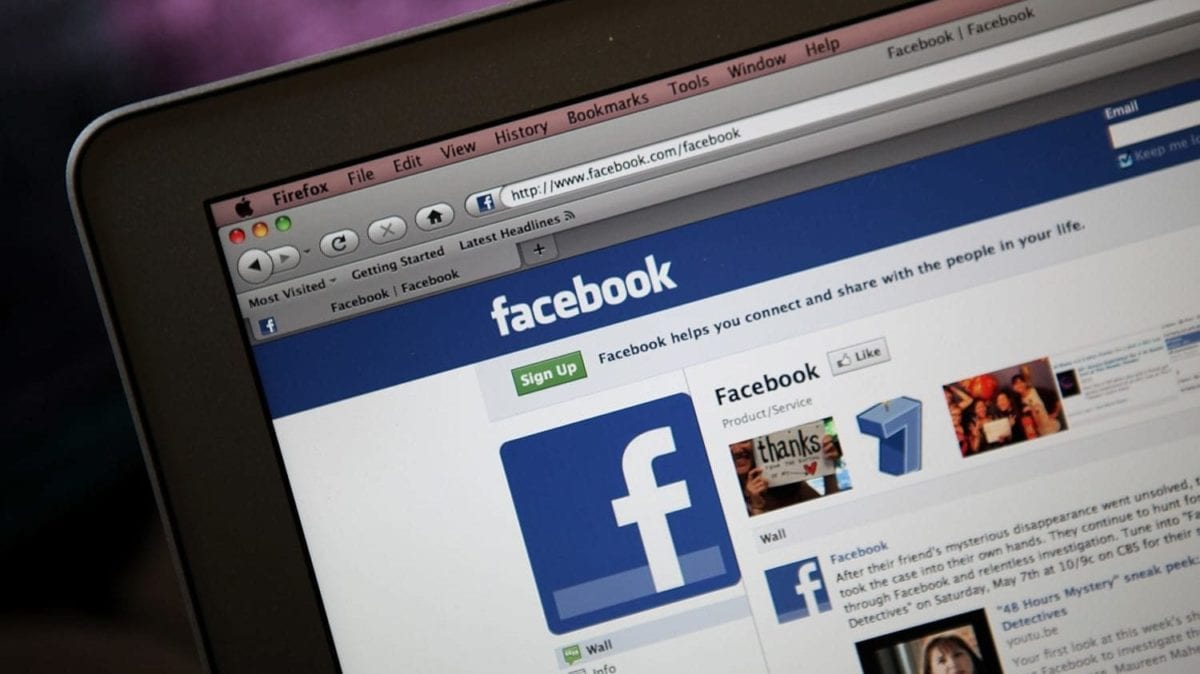New study finds baby boomers most likely to fall victim to fake news on Facebook
In the aftermath of the 2016 presidential election, Americans became increasingly concerned with the spread of misinformation, especially online, and particularly through social media. Now, a new study from Princeton and New York Universities has found that older Americans are more likely to share fake news on social media than younger generations.
The study was published in Science Advances and looked at the Facebook history of 1,750 adults. To define fake news, the researchers “largely adopted the use suggested in (a 2018 social media study) of knowingly false or misleading content created largely for the purpose of generating ad revenue,” they wrote in the study.
It found that Facebook users age 65 and older, regardless of their political beliefs, shared nearly seven times as many fake news articles as their counterparts in the youngest generation in the study, those aged 18-29, and more than twice as many as those in the age group just below them, aged 45-65. The researchers also found that 18 percent of Republicans shared fake news articles, as opposed to less than four percent of Democrats. Overall, the study found that just 8.5 percent of users shared a link from a fake news site.
“The striking thing for us was that the association with age holds even when accounting for ideology or party,” Andrew Guess, a professor of politics and public affairs at Princeton and one of the study’s authors, told Vox. “It seemed to be independent of political affiliation or political lean.”
As for why older people appear to be more susceptible, the researchers speculate that digital literacy may be a factor.
“As the largest generation in America enters retirement at a time of sweeping demographic and technological change, it is possible that an entire cohort of Americans, now in their 60s and beyond, lacks the level of digital media literacy necessary to reliably determine the trustworthiness of news encountered online,” the study’s authors wrote.
The International Federation of Library Associations and Institutions (which counts among its core values a belief in free and equal access to information) offers some tips to help people spot fake news. In addition to researching the source and the author of articles, the organization recommends reading the entire article beyond the headline to get the full context, following links to supporting sources and checking the date to make sure the information is current.
If an article seems very over the top, it may be satire. Research the site and author to verify its seriousness. The IFLA also suggests trying to consider your own biases and whether they may be influencing your assessment of an article’s veracity.
Lastly, you can consult a professional, such as a librarian, or a nonpartisan fact-checking site such as FactCheck.org.







